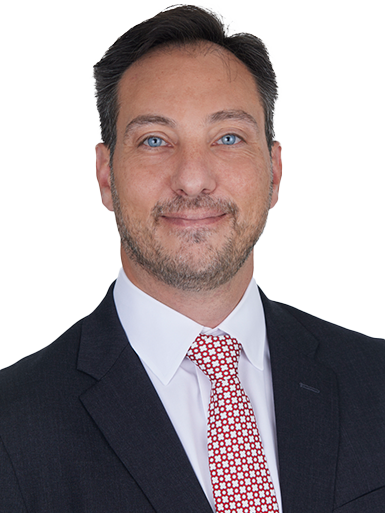IRS Provides Guidance on Safe Harbor Plans
AAFCPAs would like to make clients aware that the Internal Revenue Service (IRS) recently issued Notice 2020-86 addressing certain provisions of the Setting Every Community Up for Retirement Enhancement Act of 2019 (SECURE Act) affecting safe harbor plans, including safe harbor 401(k) plans and certain 403(b) plans.
A safe harbor 401(k) plan is similar to a traditional 401(k) plan but is structured in a way that certain compliance testing can be avoided. Among other things, a safe harbor 401(k) plan must provide for employer contributions that are fully vested when made. These contributions may be employer matching contributions, limited to employees who defer, or employer contributions made on behalf of all eligible employees, regardless of whether they make elective deferrals.
In Notice 2020-86, the IRS answers FAQs to assist small businesses and other employers that maintain safe harbor plans in compliance with the SECURE Act.
The SECURE Act generally increases from 10% to 15% the maximum automatic elective deferral under an automatic enrollment safe harbor plan. It also eliminates certain safe harbor notice requirements for plans that provide safe harbor nonelective contributions and adds new provisions for the retroactive adoption of safe harbor status for those plans.
The notice provides initial guidance on these provisions of the SECURE Act and impacts certain safe harbor 401(k) and 401(m) plans (including 403(b) plans that apply the 401(m) safe harbor).
Notice 2020-86 is intended to assist taxpayers by providing guidance on particular issues while the Treasury Department and the IRS develop regulations to fully implement these provisions of the SECURE Act.
If you have any questions, please contact: Davide Villani, CPA, CGMA at 774.512.4012, dvillani@nullaafcpa.com; or your AAFCPAs Partner.

